Society
How people group together, organise their rules and systems are all part of what create a society. In this section articles examine the nature of society how it interacts with other themes of culture, power, etc. and how societies have developed and changed over time. The structures of the ancient world are explored as are the complex feudal systems and the varied societies of Empire and modernity.
Sort by:
Date (Newest first) | Title A-Z
Show:
All |
Articles |
Podcasts |
Multipage Articles
-
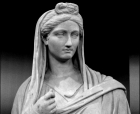
Podcast: Roman Imperial Society
Multipage ArticleClick to view -

Podcast: The Historical Medicalization of Homosexuality & Transvestism
ArticleClick to view -

Podcast: The Life and Significance of Alan Turing
ArticleClick to view -
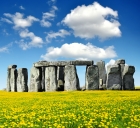
Polychronicon 126: Stonehenge
ArticleClick to view -

Polychronicon 131: At your leisure
ArticleClick to view -

Polychronicon 138: The Civil Rights Movement
ArticleClick to view -
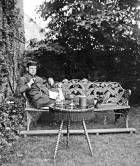
Polychronicon 145: Interpreting the history of the modern prison
ArticleClick to view -

Polychronicon 160: Interpreting 'The Birth of a Nation'
ArticleClick to view -
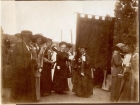
Polychronicon 174: Votes for Women
ArticleClick to view -

Putting black into the Union Jack: weaving Black history into the Year 7 to 9 curriculum
ArticleClick to view -

Recorded Webinar: Resisting Reagan
ArticleClick to view -

Recorded webinar: Queer beyond London
ArticleClick to view -

Role Play 1: The Society Game
ArticleClick to view -

Secondary Education and Social Change in the UK since 1945: KS3 resource packs
Multipage ArticleClick to view -
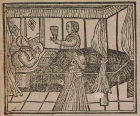
Seeing beyond the frame
ArticleClick to view -

Shaping what matters: Year 9 decide why we should care about the Windrush scandal
ArticleClick to view -

Teaching Britain’s ‘civil rights’ history
ArticleClick to view -
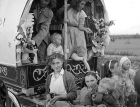
Teaching Gypsy, Roma and Traveller history
ArticleClick to view -
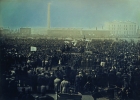
Teaching Year 8 pupils to take seriously the ideas of ordinary people from the past
ArticleClick to view -

The History of Afro-Brazilian People
ArticleClick to view

